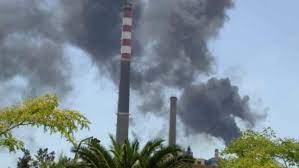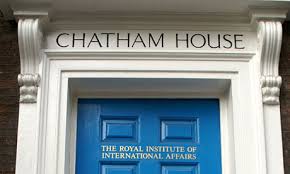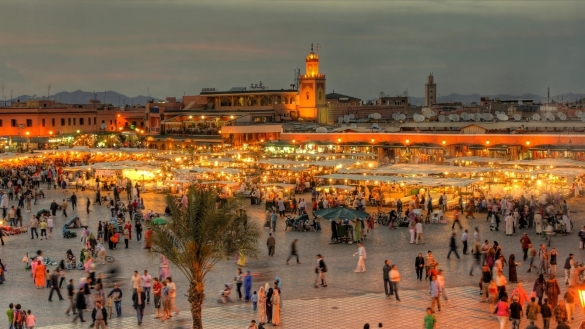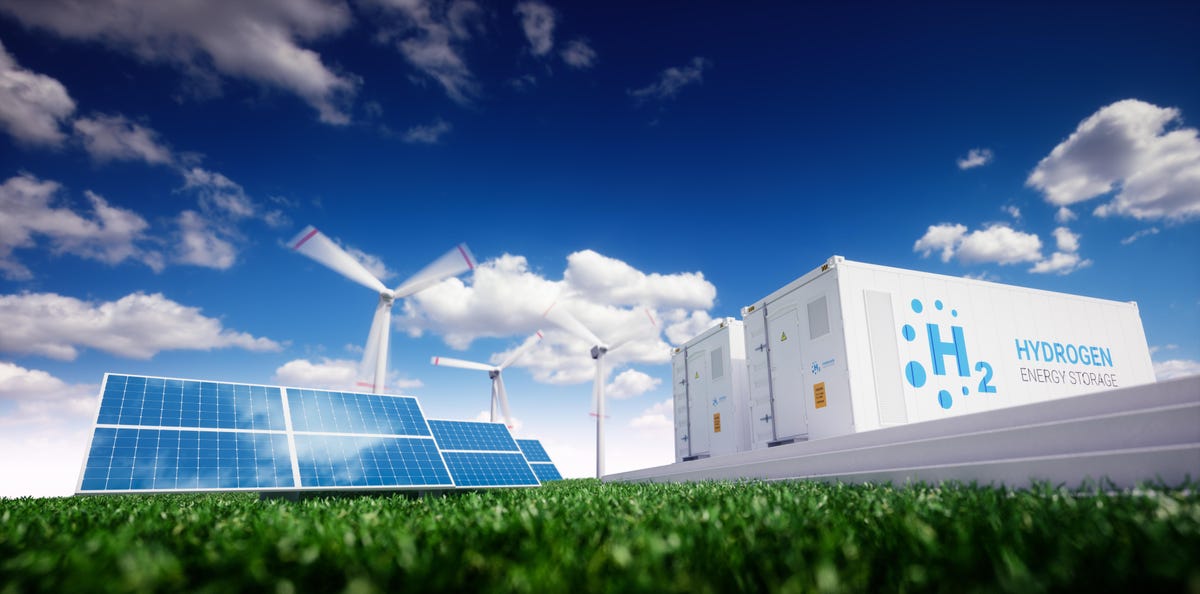 The Middle East and North Africa region (MENA) suffers from excessive air pollution whose cost amounts to $141 billion annually, or around 2% of GDP, the World Bank said in a report released on Monday, urging the region to adopt a green economic policy.
The Middle East and North Africa region (MENA) suffers from excessive air pollution whose cost amounts to $141 billion annually, or around 2% of GDP, the World Bank said in a report released on Monday, urging the region to adopt a green economic policy.
The report, titled “Blue Skies, Blue Seas: Air Pollution, Marine Plastics, and Coastal Erosion in the Middle East and North Africa,” published February 7, highlights the main challenges that the MENA region faces due to air pollution.
While economic and social indicators in many Middle East and North Africa (MENA) countries have improved over the last three decades, the region’s blue natural assets — clean air, healthy seas and coastlines — have degraded virtually everywhere. Air pollution levels in the region’s cities are among the highest in the world as is marine plastic pollution and coastlines are fast eroding. These combined challenges threaten local communities, livelihoods and economies, the document states.
Environmental pollution is predicted to cost some nations in the region, such as Egypt, Lebanon, and Yemen, more than 3% of their GDPs, the report states.
“Productivity falls if residents cannot work after they or their family members fall ill from air pollution, and health care costs can be a substantial burden on both individuals and governments,” highlights the report.
It is estimated that the average resident will be ill for 60 days in his lifetime due to air pollution, with city dwellers breathing in 10 times the level of pollutants considered safe by the World Health Organization (WHO).
The report identified “low environmental standards” that are widespread in the transportation and industry sectors, the use of low-quality fuel, and the burning of waste as the main sources of air pollution in the region.
The report further explained that the Mediterranean Sea has recorded one of the highest levels of plastic pollution in the world, adding that residents of the region dump more than six kilograms of trash into its waters annually.
The Mediterranean has “as much plastic flowing into it each year as the volume of fish taken out from the two most commonly caught species,” the report states, adding that coastal erosion is caused by sea pollution, a major threat to livelihoods, especially among the poor.
Tourism-dependent countries, such as Tunisia, can be hurt by coastal erosion by up to 2.8% of their GDP.
“Polluted skies and seas are costly to the health, social and economic wellbeing of millions of people in the Middle East and North Africa region,” Ferid Belhaj, World Bank Vice President for MENA was quoted as saying in the report.
“As countries recover from Covid-19, there is an opportunity to change course and choose a greener, bluer, and more sustainable growth path,” he said.
In response to marine plastic pollution, the report recommends improving solid waste management, creating reliable market structures for recycling markets, and collaborating with the private sector for plastic alternatives, while at the same time reducing fossil fuel subsidies.
Restoring MENA’s blue skies and seas will benefit the health, livelihoods and incomes of residents. There will inevitably be trade-offs but choosing a path of green growth will create jobs, diversify economies — and make the region a better place for current and future generations.



